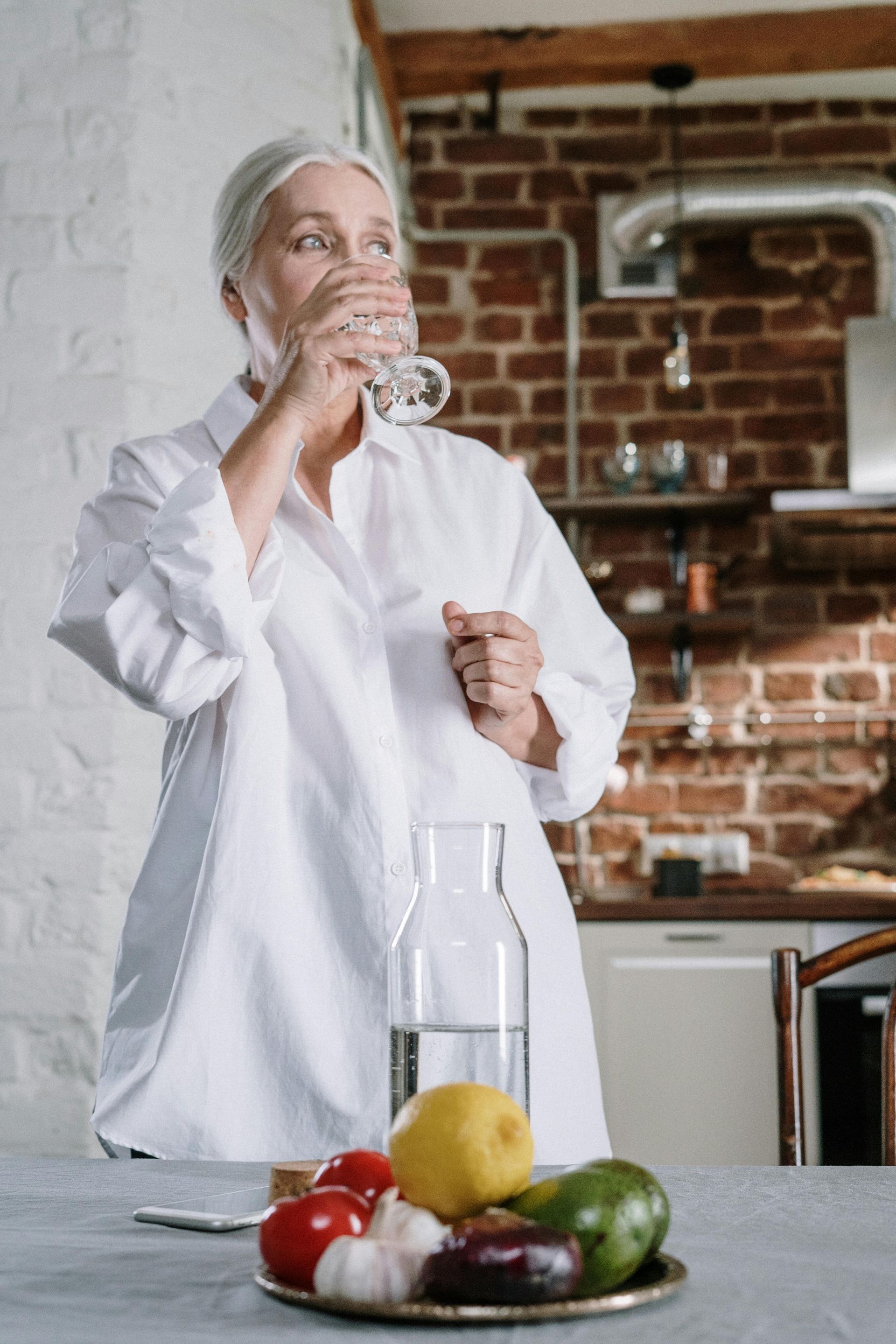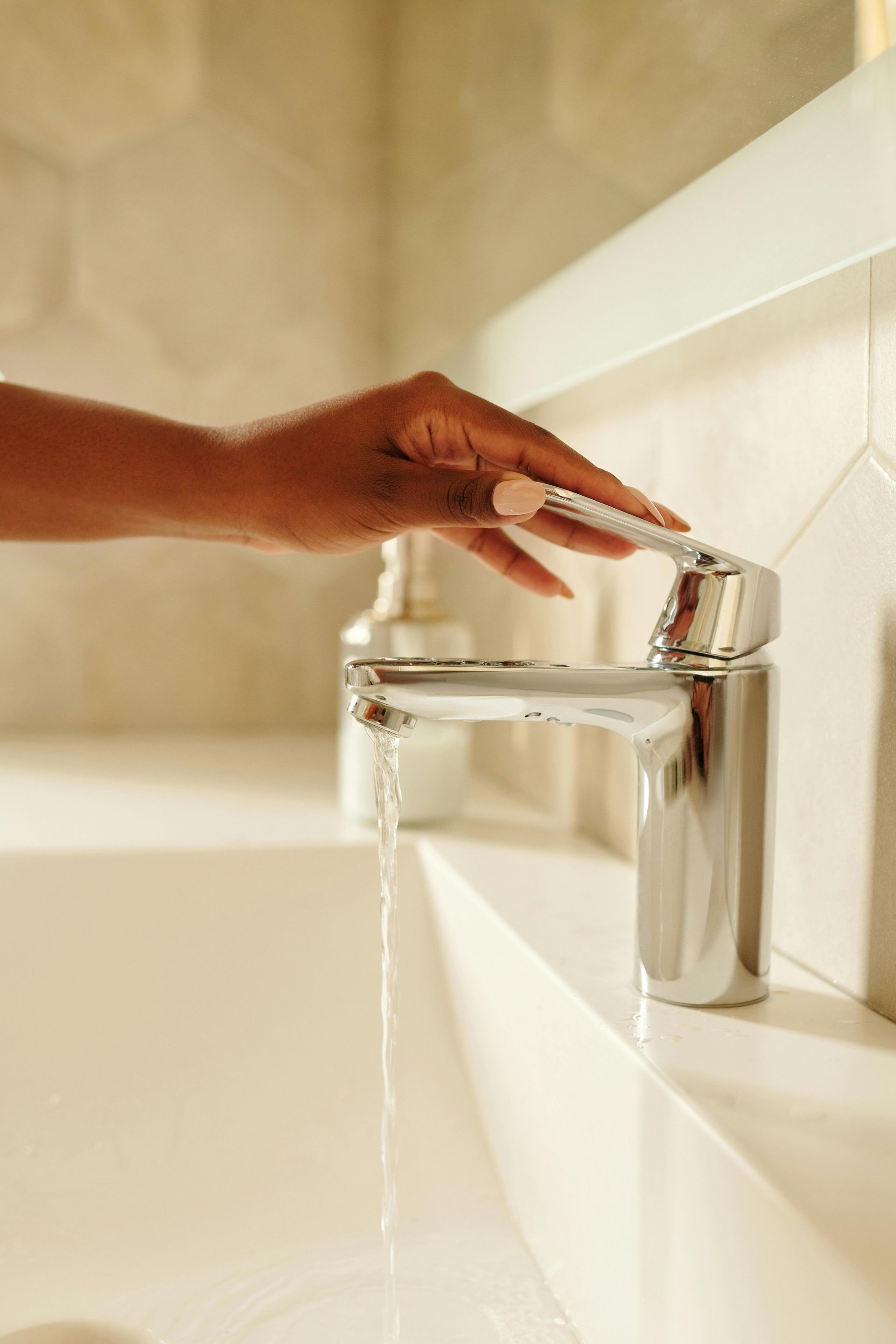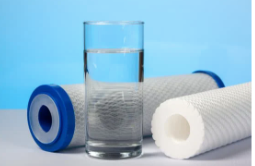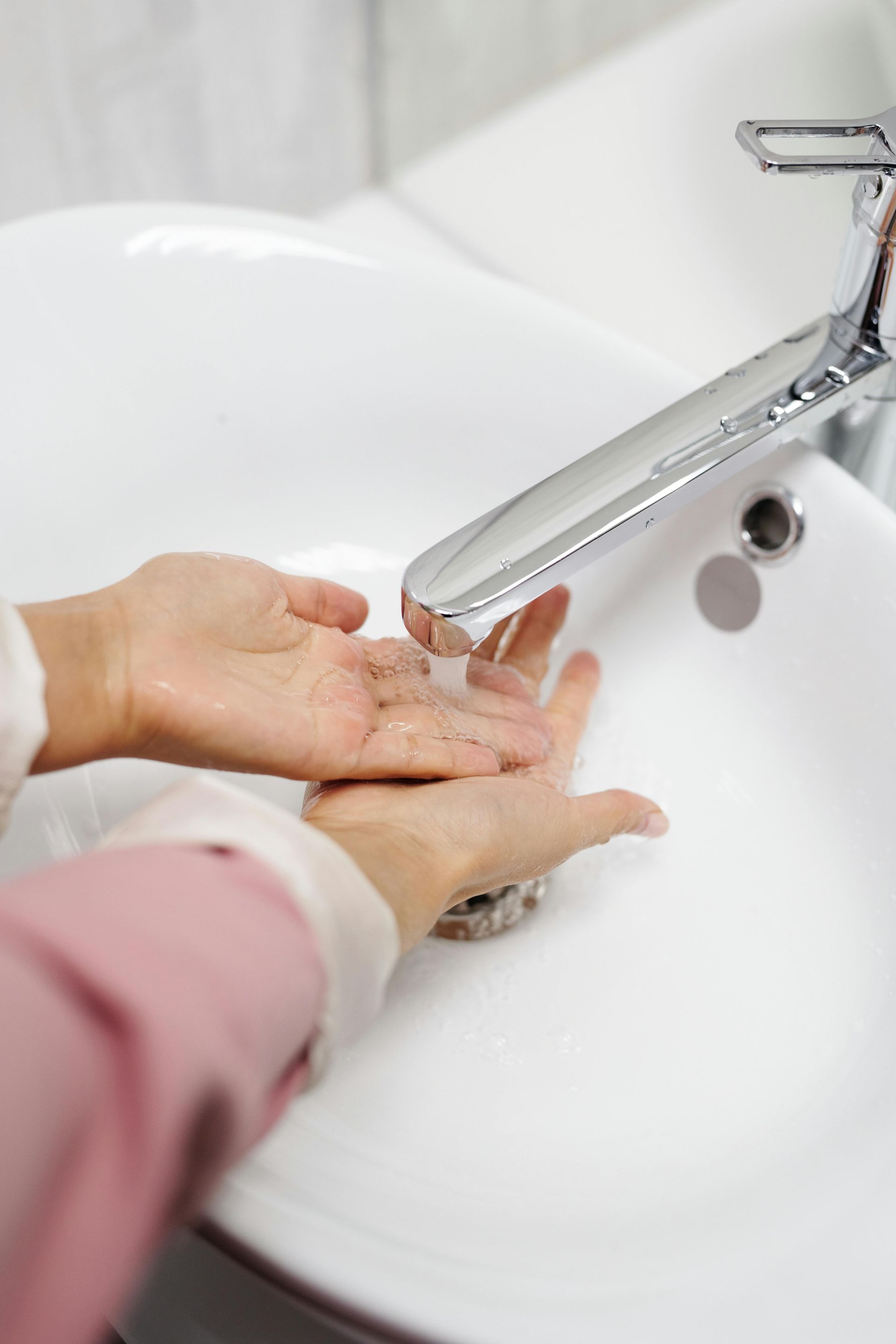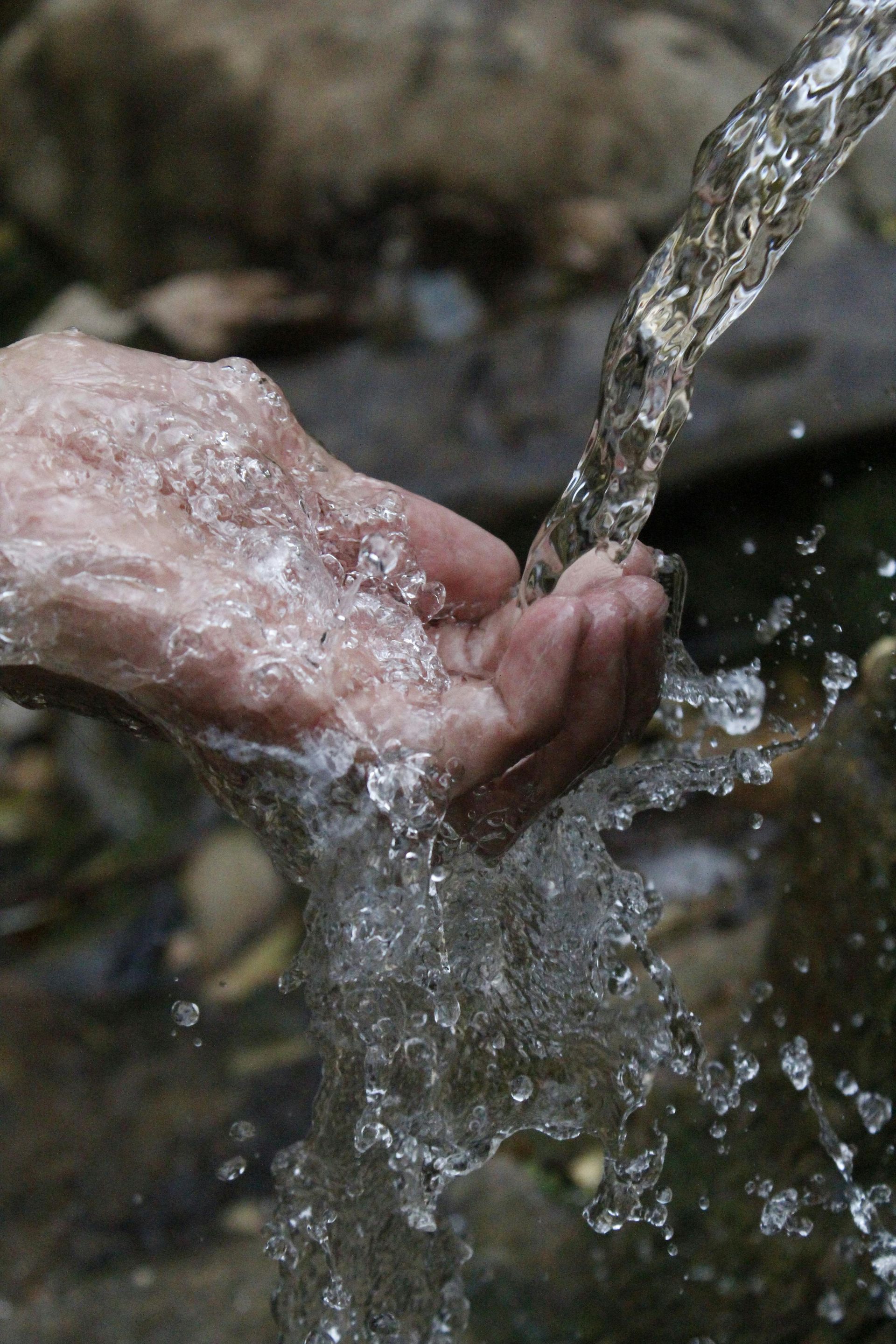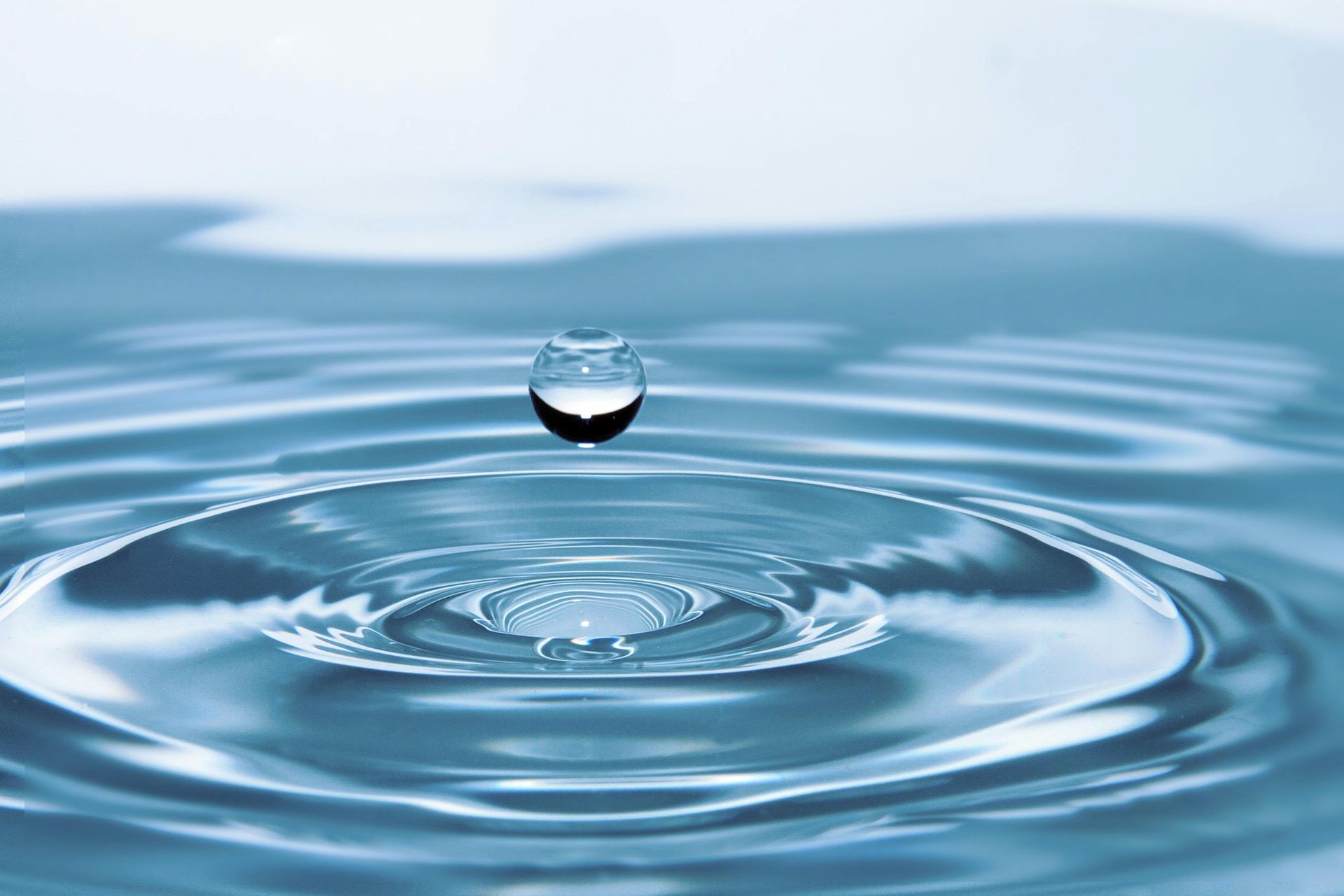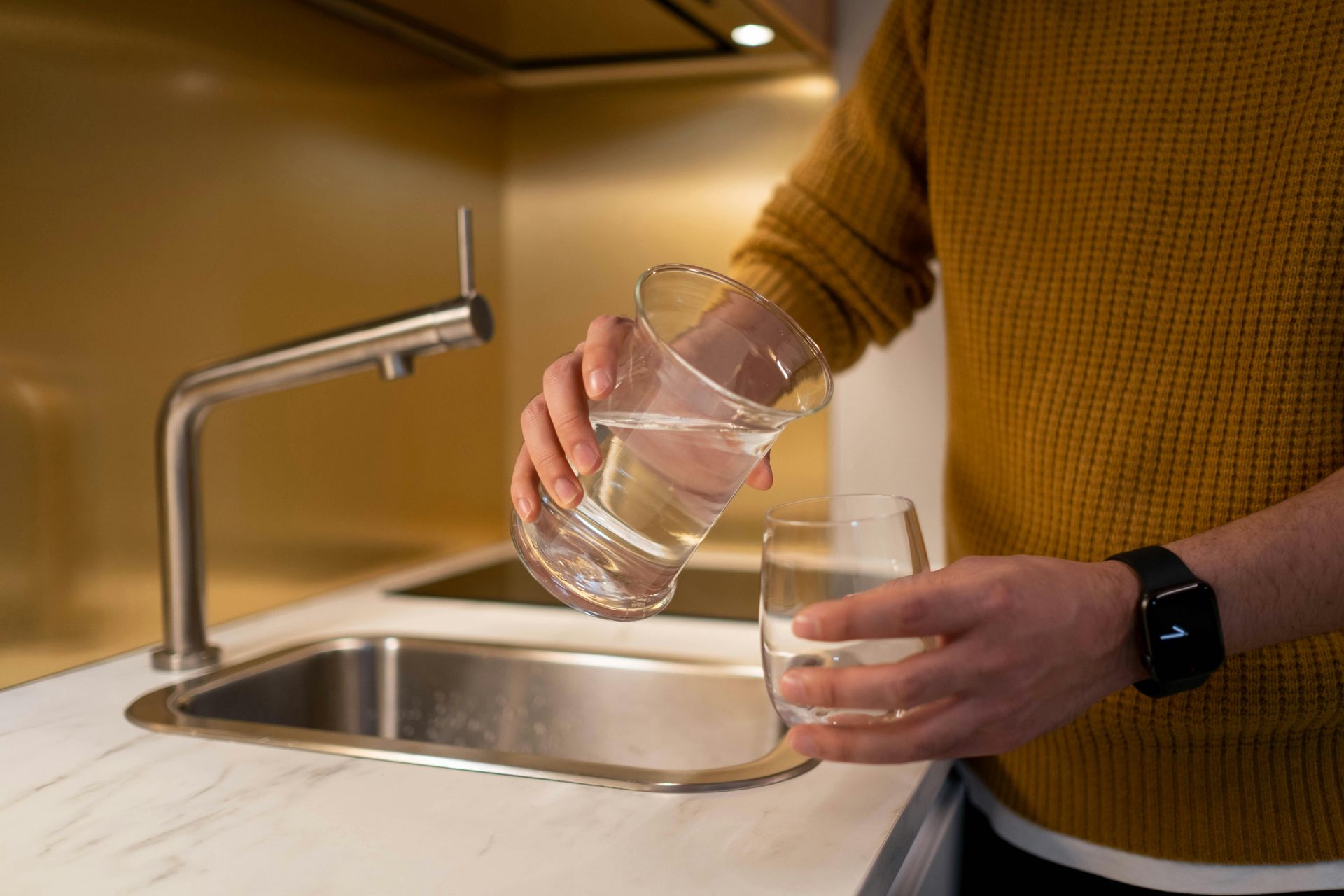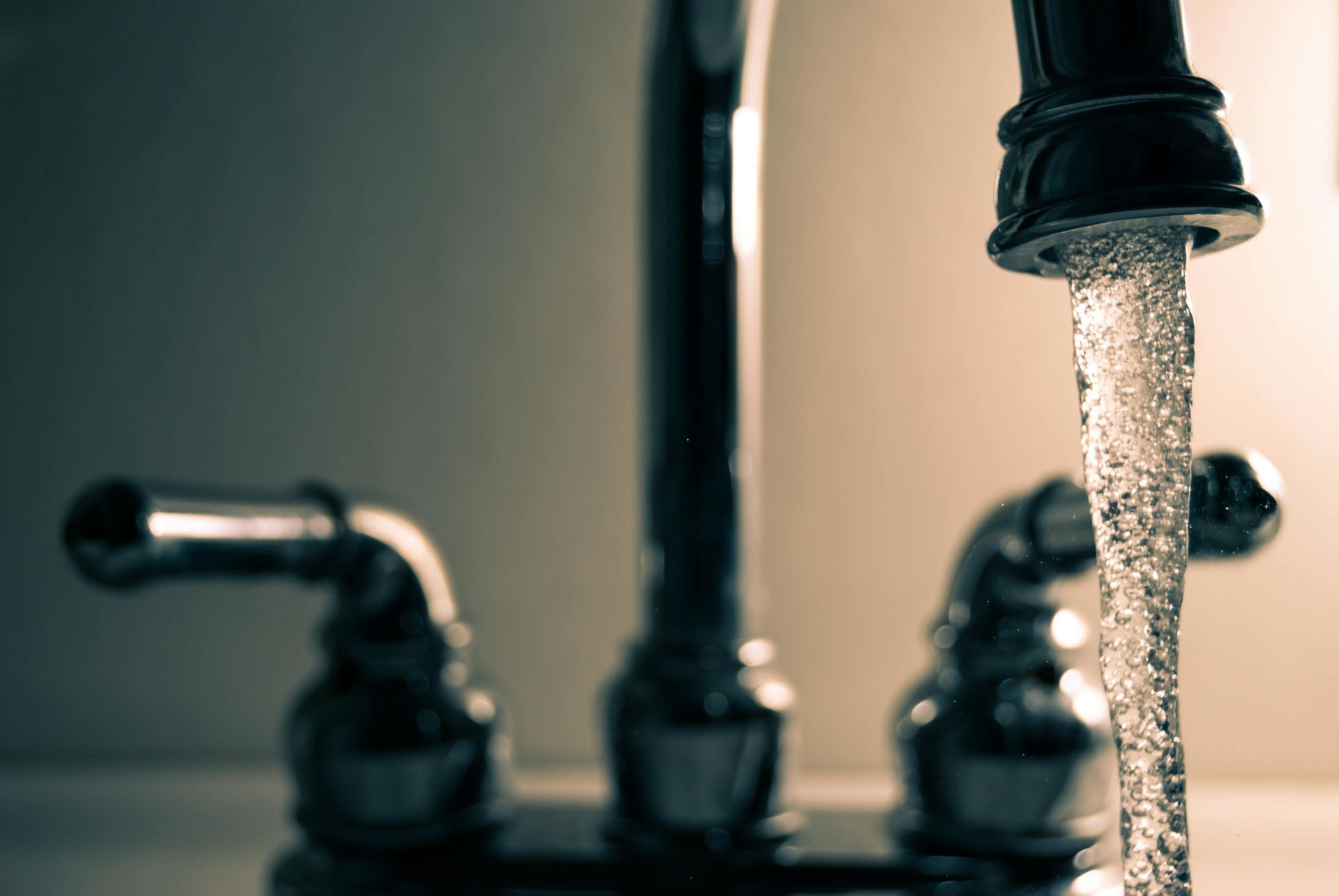Soft Water vs Hard Water
Soft Water vs Hard Water: Which is Better For You?
Surely water is just water? After all, there shouldn't be much of a difference between our water and that of our neighbours since we use it to clean, drink, and take baths. What distinguishes hard water from soft water? The truth is that we don't always give the fundamental variations in the water we use much thought. Even if there is a tiny variation in the flavour or texture of the water itself, it could not be significant enough to cause you to wonder why water isn't uniform.
Two extremely distinct forms of water are hard water and soft water. But how can you know what the differences are or which type you have at home? Learn more about soft and hard water by reading on.
What is hard water?
Water can pick up tiny particles on the way as it travels from the source to your tap. The amount of hardness minerals (namely calcium and magnesium) in these particles will determine how hard the water becomes. The water will rate higher on the water hardness scale the more of these minerals are present.
What is soft water?
Soft water is free from harsh minerals such as calcium that can damage your home and body. It is gentle, with calcium and magnesium removed through water softener systems. Soft water is generally seen as the better option for the environment, your appliances and pretty much everything.
It is usually better tasting and removes the dry skin and hair side effects of hard water. The removal of hard water also means that limescale buildup has ceased and you should see the already existing limescale start to break down over time.
This means that your taps and other cleaning devices will provide better results, keeping your costs down by reducing the amount of times you’ll need to clean things like laundry. This will also lengthen the lifespan of your products and reduce the amount of maintenance and callouts you’ll require as well as any specialist cleaning products designed to break down limescale as often seen with washing machines.
Soft water is also generally seen as being better for the environment. Not only are you reducing the amount of washes and water you use on a daily basis, you are reducing the amount of cleaning products you have to use, reducing their potential impact on the water supply and the environment.
Water softeners will counteract the difficulties hard water brings into your home, creating healthier environments for your body as well as saving you resources and time on repairs and cleaning.

